Mitakuye Oyasin: We are all related
Written by: Nicole Davessar, Walsh Jesuit High School, Class of 2015
When I found out that my high school’s new addition to its service immersion program was a trip to Pine Ridge Indian Reservation in South Dakota, I was both overjoyed and shocked. I was born in Yankton, South Dakota and knew that traveling to Pine Ridge would be a once-in-a-lifetime opportunity for me to serve and form close ties with the people living there. I had taken a road trip with my family across the entire state the previous summer, longing to visit the state that I called home for the first two years of my life. Although our travels were extensive, never once did we encounter an American Indian or visit a reservation. This contradicted what I had long been taught in history class. If Native Americans were indigenous people of the Great Plains and might be considered by some the most “American” people in our country, where were they?
I was selected to go on the immersion trip to Pine Ridge in July 2013 along with eleven other students and two adults. By the end of our stay at Re-Member, an organization dedicated to helping the Oglala Lakota people on the “Rez”, I had found an answer to my question; many Native Americans live in deplorable conditions on reservations throughout the United States. The one in Pine Ridge is, in my opinion, America’s most shameful secret. Throughout our week on the Rez, local speakers educated us on the government’s disloyalty to American Indians, both in the past and present, and the countless injustices that impact their socio-economic situation. We learned of, and in some cases witnessed first-hand, the horrifying effects of alcohol, poverty, teen pregnancy, drugs, unemployment, abuse, and suicide. No human beings, let alone the very ones who shaped our land from its earliest days, should live under the conditions that stamp the infamous “ third world” label on the Rez.
Amidst such negativity, however, there was so much kindness. The Oglala Lakota I met were such delightful and generous people, guided by rich traditions and spiritual beliefs. I realized that, despite my previous assumptions, they were not so different from us Ohioans. For instance, children, such as seven-year old Gabe, still thought that the best activity in the entire world was playing. By attempting to break down the barriers that exist between us and the Oglala Lakota, and recognizing our many similarities, my fellow volunteers and I were creating solidarity. Simply listening to the Oglala Lakota’s stories or returning a smile made me feel more powerfully united with them. My mission at Pine Ridge Indian Reservation was truly one of solidarity and can be summed up by a quote painted at the Re-Member facilities; “Our ancestors shook the hands of your ancestors’ past. The promises they made were broken at last. Now we the descendants shake hands once more, to mend the treatment of our ancestors before.” As the Lakota phrase “mitakuye oyasin” states, we are all related. Changed by my immersion, I will forever carry with me a deeper understanding of solidarity and interconnectedness.
ISN welcomes faith & justice related blog submissions from members of the Ignatian family. Please let us know of any blog ideas or posts using this form: ISN Blog Ideas

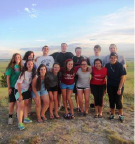

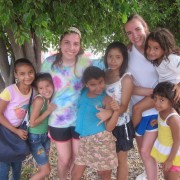
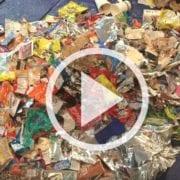
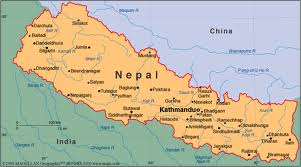
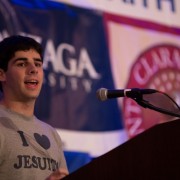
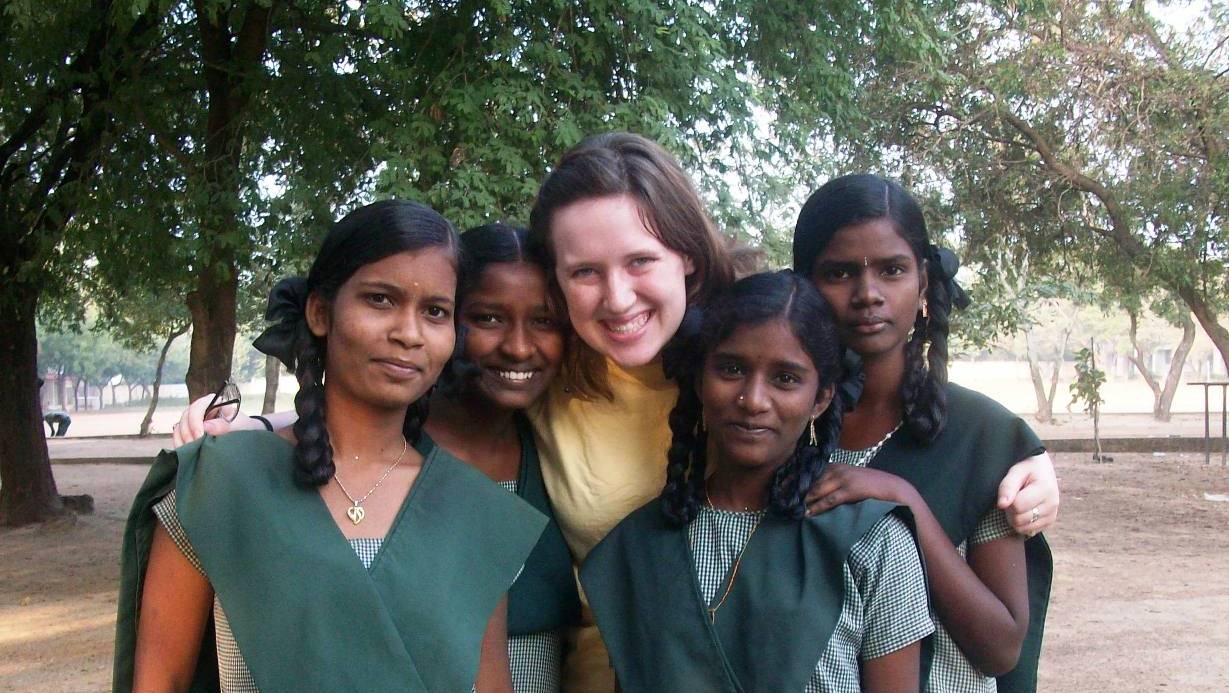
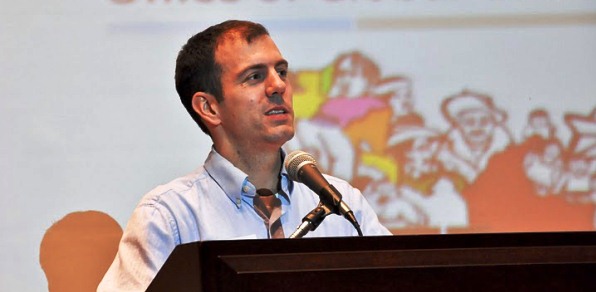



Leave a Reply
Want to join the discussion?Feel free to contribute!